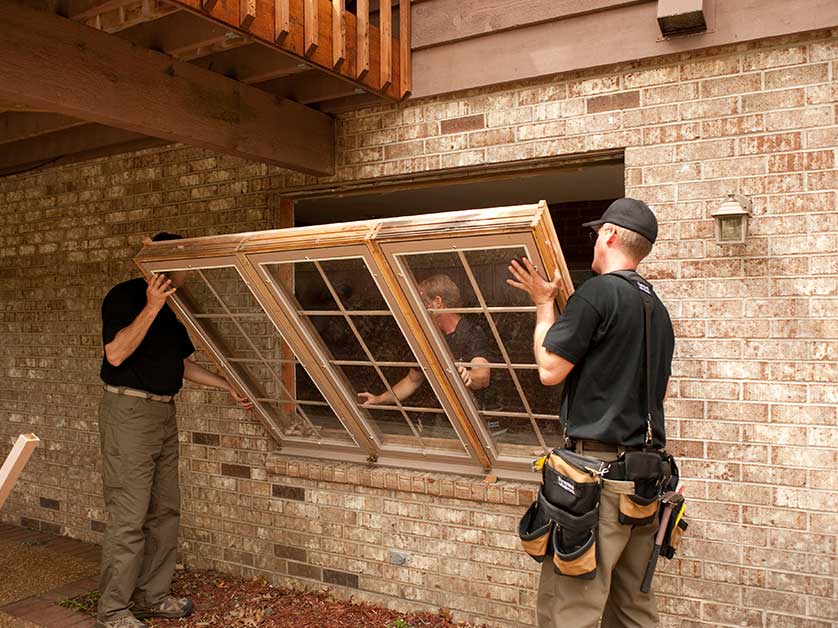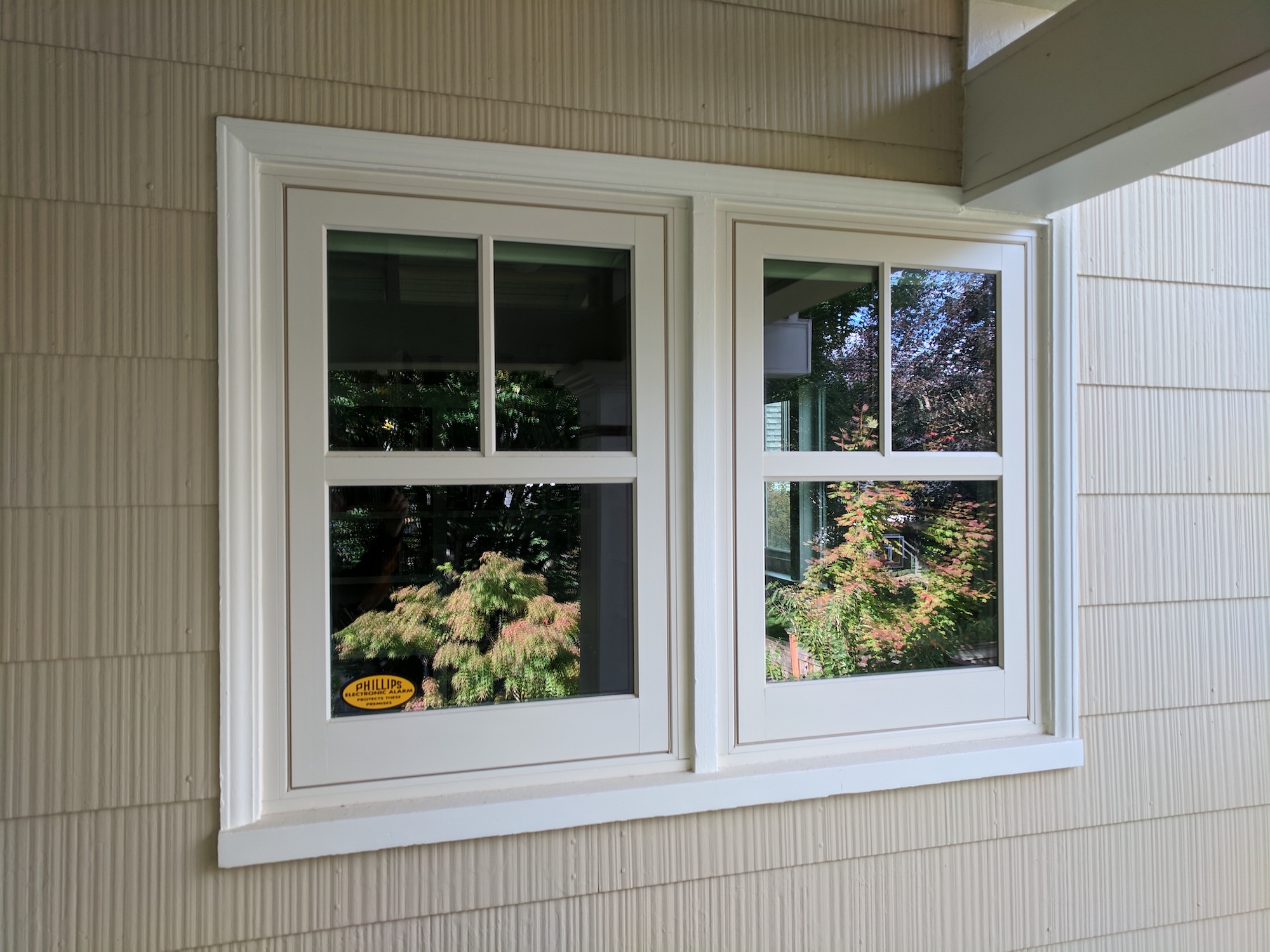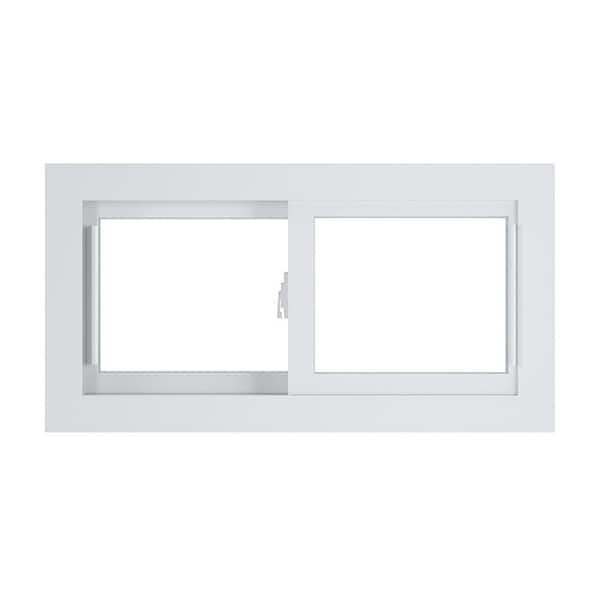Jersey Village Window Replacement: Enhance Your Home's Value
Jersey Village Window Replacement: Enhance Your Home's Value
Blog Article
Upgrade Your Home With Energy-Efficient Home Window Replacements
In the realm of home renovation, the decision to update to energy-efficient window substitutes can dramatically affect both the capability and visual appeals of a home (Richmond window replacement). As property owners seek methods to boost the performance and sustainability of their home, the option of home windows plays a critical duty in achieving these objectives. Past the surface level of simple visual appeals, energy-efficient windows supply a plethora of benefits that exceed mere aesthetic appeal. With a mindful choice process that considers numerous variables, from glass types to setup methods, embarking on this home upgrade trip could show to be a transformative venture.
Advantages of Energy-Efficient Windows

The installation of energy-efficient windows gives considerable financial savings on energy costs while enhancing environmental sustainability. Energy-efficient home windows are designed to minimize warm loss and gain, reducing the requirement for heating and cooling down systems to burn the midnight oil. By effectively protecting the home, these home windows aid preserve a comfy indoor temperature level year-round, resulting in lower power consumption and lowered energy expenses. In addition, energy-efficient windows can aid manage wetness degrees within the home, decreasing the danger of mold and mildew growth.
Past the economic benefits, energy-efficient windows contribute to ecological sustainability by lowering carbon emissions related to power production. By reducing power use, these windows help minimize the environmental influence of lights, air conditioning, and heating domestic spaces. This reduction in power intake plays an essential function in combating environment change and promoting a greener future for generations to come. Overall, buying energy-efficient home windows not only enhances the convenience and effectiveness of a home but additionally aligns with eco aware techniques.
Sorts Of Energy-Efficient Glass
Different innovative kinds of energy-efficient glass deal special homes that accommodate various needs and preferences in enhancing the sustainability and efficiency of buildings. Low-emissivity (Low-E) glass is a prominent option designed to reduce the quantity of ultraviolet and infrared light that can pass via the glass, therefore minimizing warmth transfer. This sort of glass assists maintain a regular indoor temperature, minimizing the requirement for heating or cooling systems, and eventually lowering energy costs. An additional innovative choice is spectrally discerning glass, which enables visible light to pass with while blocking specific kinds of infrared radiation. This helps in keeping a comfy indoor atmosphere while minimizing warmth gain. Triple-pane glass, containing 3 layers of glass with insulating gas in between them, offers improved thermal insulation, making it highly energy-efficient. Furthermore, self-cleaning glass with a special coating that damages down and loosens dirt when subjected to sunlight can lower upkeep requirements and maintain home windows looking clean. Each kind of energy-efficient glass uses unique benefits, allowing home owners to select the most appropriate choice based on their particular demands and objectives.
Variables to Consider When Choosing
When considering energy-efficient window replacements, it is crucial to carefully examine certain variables that straighten with your sustainability goals and desired power financial savings. One critical variable to take into consideration is the window's power performance rankings, such as the U-factor and Solar Warmth Gain Coefficient (SHGC) The U-factor procedures how well the home window protects, with reduced numbers indicating much better insulation, while the SHGC suggests the home window's capacity to block warm from sunshine. Furthermore, the window frame product plays a considerable function in power effectiveness. Materials like fiberglass, plastic, or timber with thermal breaks are superb options for decreasing warm transfer. An additional important factor to consider is the window style and positioning concerning sunshine direct exposure. Picking the right window design and purposefully placing them can make best use of natural light while decreasing warmth gain or loss. Last but not least, setup top quality is key to making sure the windows execute as intended. Proper setup aids stop air leakage, guaranteeing optimal energy effectiveness. By very carefully assessing these elements, you can choose energy-efficient home windows that boost comfort, lower power prices, and benefit the setting. over here
Installation and Maintenance Tips

Normal upkeep is vital to maintaining the effectiveness of your energy-efficient home windows. Examine the home windows regularly for any indications of damage, sealer, or wear deterioration. Tidy the structures, tracks, and glass frequently making use of light soap and water to eliminate dust and grime that can impact efficiency. Examine the weather-stripping and seals for any splits or spaces and replace them if required to keep the home windows' power performance.
Additionally, lubricate relocating parts such as locks and hinges to guarantee smooth operation. By adhering to these setup and upkeep suggestions, you can boost the energy performance of your home and lengthen the life expectancy of your energy-efficient home windows.
Cost-Benefit Evaluation of Updating

Energy-efficient windows are made to lessen heat transfer, minimizing the need for home heating and cooling down systems to burn the midnight oil. This can lead to weblink considerable financial savings on energy costs, particularly in areas with extreme temperature levels. Furthermore, energy-efficient windows can enhance the overall value of your home, making it much more eye-catching to potential purchasers if you determine to offer in the future.
When calculating the cost-benefit evaluation, consider the prospective financial savings on power expenses, any available motivations or discounts, and the lifespan of the windows. While the first cost might be greater, the long-lasting financial savings and advantages of energy-efficient home windows make them a wise investment for homeowners looking to enhance their residential property's energy effectiveness and value.

Verdict
In conclusion, upgrading to energy-efficient home window replacements offers various advantages such as reduced power intake, enhanced convenience, and price financial savings. By choosing the appropriate kind of energy-efficient glass and taking into consideration factors like structure material and installment, home owners can make best use of the efficiency of their home windows. Regular maintenance and correct installment are necessary for long-lasting efficiency. Overall, the cost-benefit evaluation of updating to energy-efficient home windows shows that the initial financial investment can lead to considerable financial savings in the long run.
When pondering energy-efficient window replacements, it is vital to thoroughly examine particular aspects that straighten with your sustainability goals and desired power savings. The U-factor steps how well the home window shields, with reduced numbers showing far better insulation, while the SHGC indicates the home window's capacity to block warm from sunshine. By very carefully reviewing these elements, you can select energy-efficient windows that enhance comfort, lower power this content prices, and profit the environment.
While energy-efficient windows might have a greater upfront expense compared to standard home windows, the lasting advantages frequently surpass the first investment.In conclusion, upgrading to energy-efficient home window substitutes supplies many benefits such as decreased power intake, enhanced comfort, and price financial savings.
Report this page